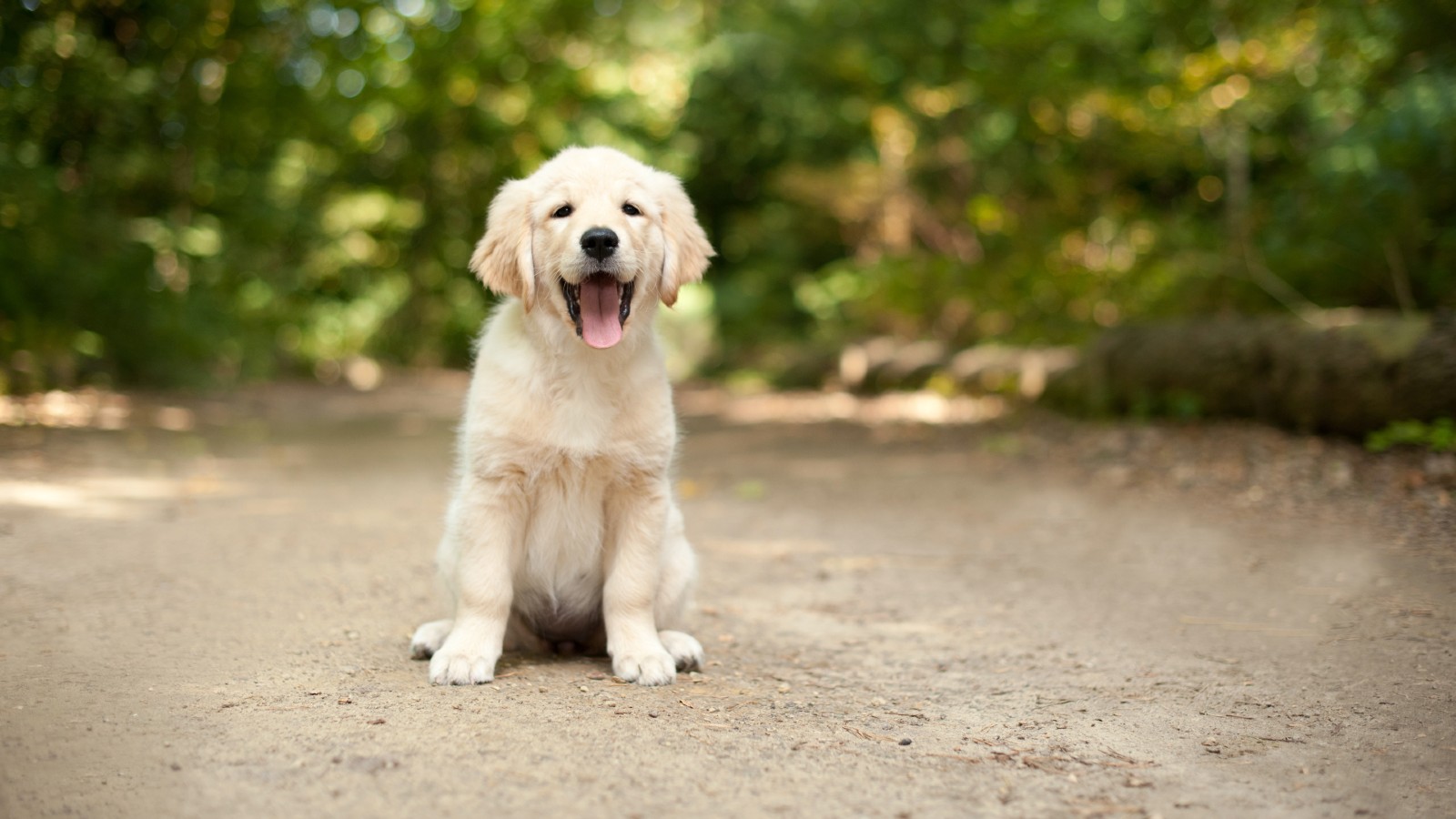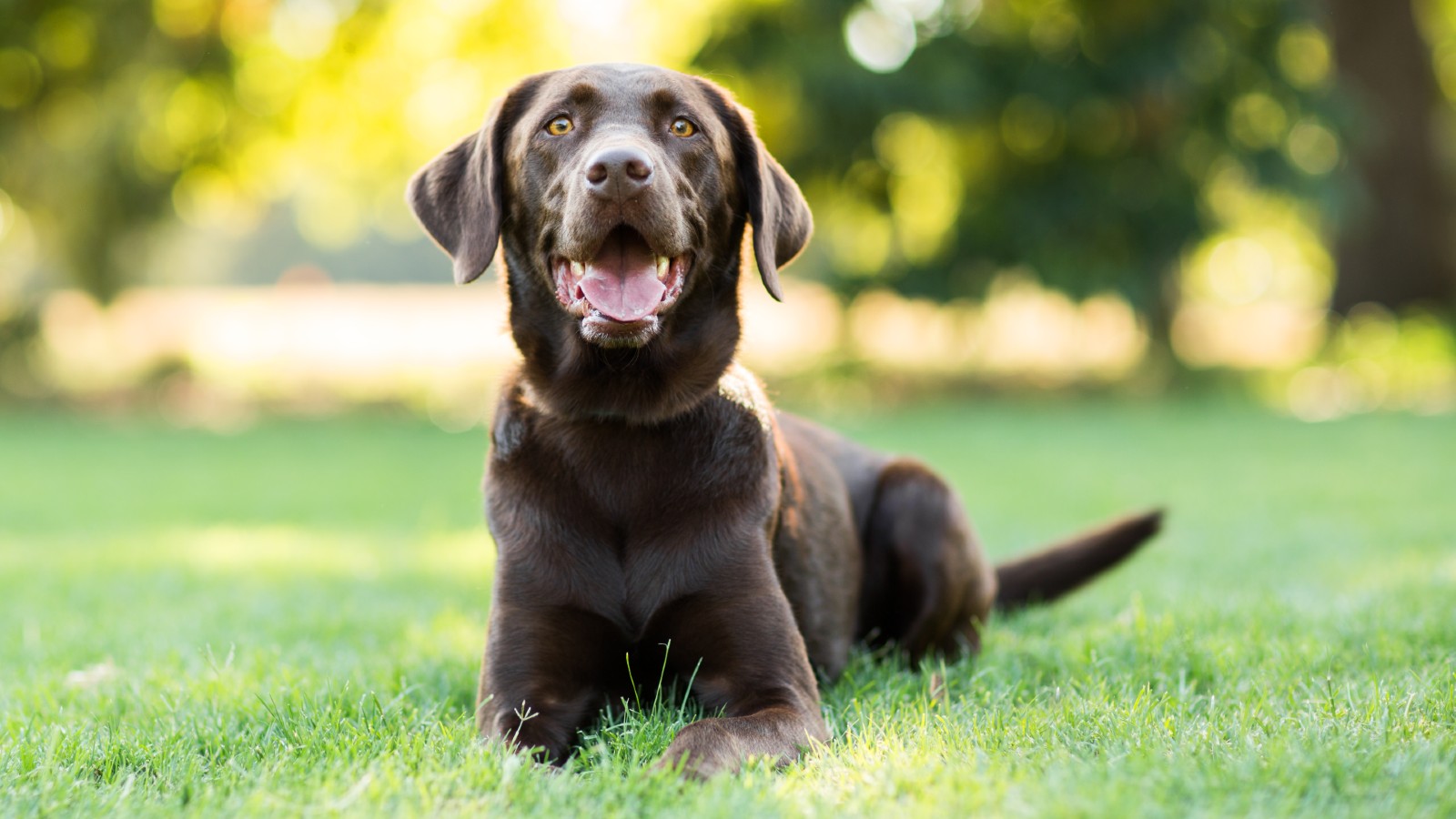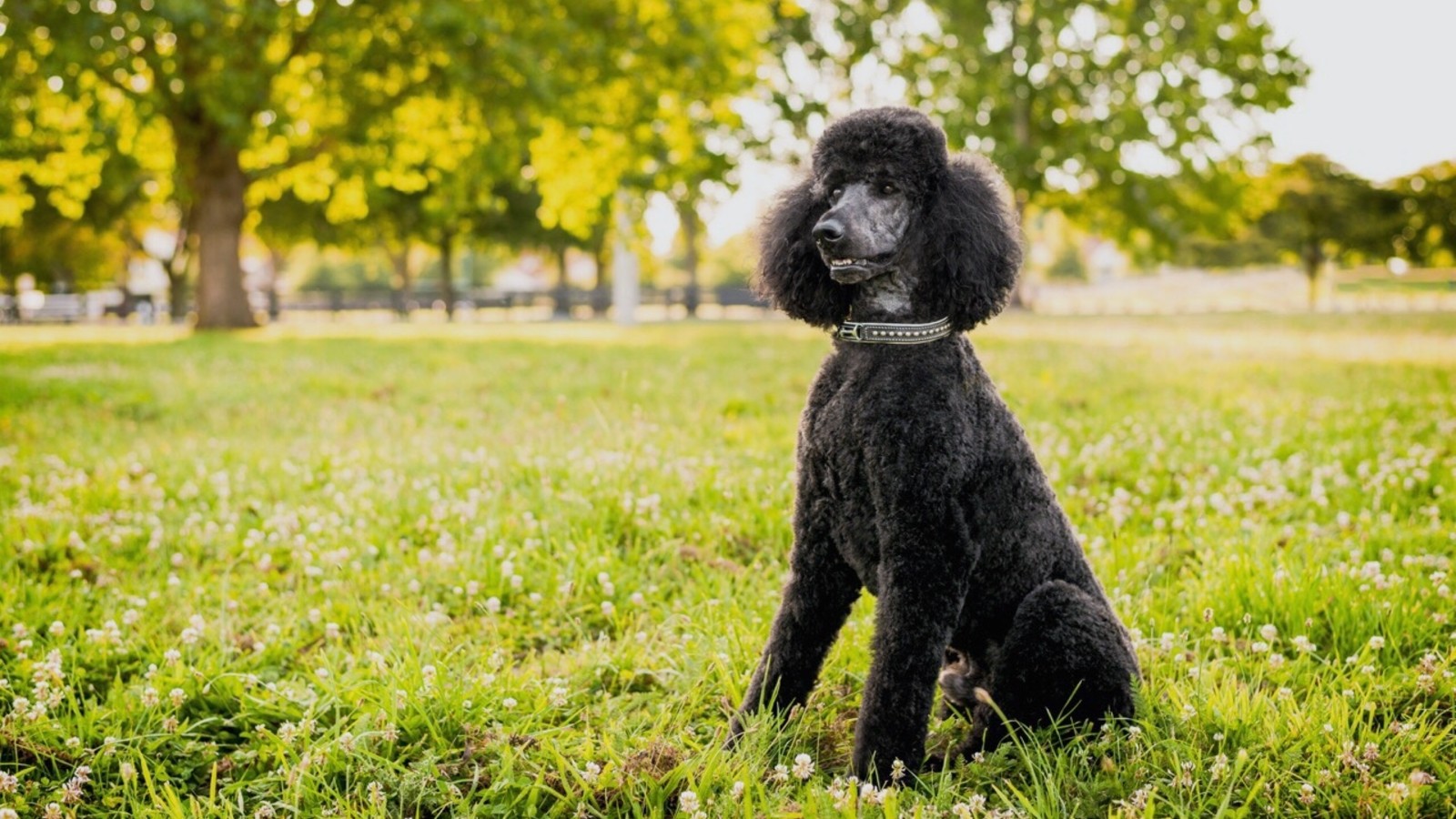The best family dog breeds to welcome into your home
We've rounded up the best family dog breeds to help make the decision-making process that bit easier.


Getting a dog is a big decision, and one that comes with a long list of responsibilities. Do you have enough space? Will you have enough time to walk them? Can you afford any potential vet bills? Add children into the mix, and that decision becomes an even trickier one.
To make it that bit easier, we’ve put together an expert-approved guide to getting a dog, and a round-up of the best family dog breeds.
Things to consider before getting a family dog
“There’s a lot to think about and prepare for to make sure your new four-legged friend is a happy, healthy and well-suited addition to your family,” says Bill Lambert, Head of Health and Welfare at The Kennel Club.
The following list, put together by RSPCA dog welfare expert, Dr Samantha Gaines, are a good place to start:
- Can you give a dog everything they need to be happy and healthy and long-term? Be sure to fully research the responsibility of owning a dog before bringing one home, including how much and what they need to eat, how much exercise they’ll need each day the need for regular healthcare and how much that will all cost.
- Think about the practicalities. Do you have a safe and secure garden? Space in your home for a safe haven and your dog’s bed? Time to exercise, play, train and relax with your dog? Dogs are also very social animals and need people around them. If you need to leave your dog alone on a regular basis then you will need to think about getting someone to look after or exercise them for you. Speak to a vet, local dog training club or behaviourist for guidance on how to best prepare for your new pet.
- Is the whole family on board? It’s important that everyone in the household knows what’s involved in taking care of a dog and wants to take part in the everyday care. It’s important to remember that a dog’s day-to-day care will likely come down to the adults.
- What size of dog and personality would be suitable for you and your family? If you’re really active then a big or medium dog that really enjoys exercise could be a good fit. Or if you have small children who are hoping for a little dog to play in the garden with then perhaps a small dog could be more suitable. Remember that all dogs are individuals with their own personalities so breed isn’t a guarantee of a dog’s behaviour or temperament.
- Training your dog is hugely important. It allows them to cope with your lifestyles and for you to keep them under control when you're out and about. Everyone in the family should know how to train the dog in ways which don’t frighten or harm them, as well as what rules there will be in the house to ensure consistency. For example, if your new dog won’t be allowed on the sofa then ensure everyone understands this.
Finally, it’s also important to think about your future plans. Are you dreaming of moving away, or growing your family in the future? Think carefully about how your dog would fit in with this vision.
Getting a puppy vs rehoming a dog
There’s no easy answer when it comes to choosing between a puppy and a rescue dog, and it ultimately comes down to personal preference.
The benefits of a puppy are that you are responsible for (and aware of) their early training, socialisation and development. Whereas with a rescue dog, their background can sometimes be unclear. That being said, bringing a rescue dog into your home is a hugely rewarding experience - what could be better than giving a dog a second chance?
Sign up for the woman&home newsletter
Sign up to our free daily email for the latest royal and entertainment news, interesting opinion, expert advice on styling and beauty trends, and no-nonsense guides to the health and wellness questions you want answered.
If you rehome a dog from organisations like Dog’s Trust, your pooch will already have been neutered, microchipped and vaccinated. This means they not only cost less than buying a puppy from a breeder, but there's peace of mind when it comes to their health too.
If you are planning on welcoming the pitter-patter of puppy paws, the RSPCA recommends you use The Puppy Contract to help you find a happy and healthy dog. Reports of unscrupulous breeders are unfortunately on the rise, so it really does pay to do your research. If you’re concerned about a breeder, report them to the RSPCA.
Best family dog breeds
Temperament can vary wildly from dog to dog, but according to The Kennel Club, these are the breeds best-suited for families with children.
“They tend to be patient enough to handle a child’s energy and curiosity, strong enough to handle the way they play, yet gentle with affectionate personalities,” says Bill Lambert.
Scroll on for his take on each breed...
Labrador Retriever

"Labs have remained the most popular dog breed for decades for a reason! Their affectionate and loyal nature makes them particularly suited to families with children."
Bichon Frise

"The breed’s happy, friendly and playful temperament, along with a low-shedding coat, can make it an ideal family dog."
Staffordshire Bull Terrier

"This good natured breed, also often referred to as the ‘nanny’ dog, feel most at home with a family and they are known to be highly intelligent and affectionate, especially with children."
Poodle

"These good-tempered and very clever dogs come in three different sizes, standard, miniature and toy, and their minimally moulting coats can make them suitable for all types of families and households."
Boxer

"Boxers are much-loved as a family companion for their intelligence and character. They are a friendly and patient breed, but are also very active which as some parents might know can be a mixed blessing with children!"
Jess Beech is an experienced fashion and beauty editor, with more than eight years experience in the publishing industry. She has written for woman&home, GoodtoKnow, Now, Woman, Woman’s Weekly, Woman’s Own and Chat, and is a former Deputy Fashion & Beauty Editor at Future PLC. A beauty obsessive, Jess has tried everything from cryotherapy to chemical peels (minus the Samantha in Sex and The City-worthy redness) and interviewed experts including Jo Malone and Trinny Woodall.
-
 Meryl Streep just wore the trending denim style that's set to replace barrel leg jeans this summer
Meryl Streep just wore the trending denim style that's set to replace barrel leg jeans this summerIt's my job to spot trends, and I guarantee you're going to want these flattering jeans
-
 JLo's elegant midi dress convinced me to add pattern to my monochrome wardrobe
JLo's elegant midi dress convinced me to add pattern to my monochrome wardrobeThe singer proves florals are still very much in style